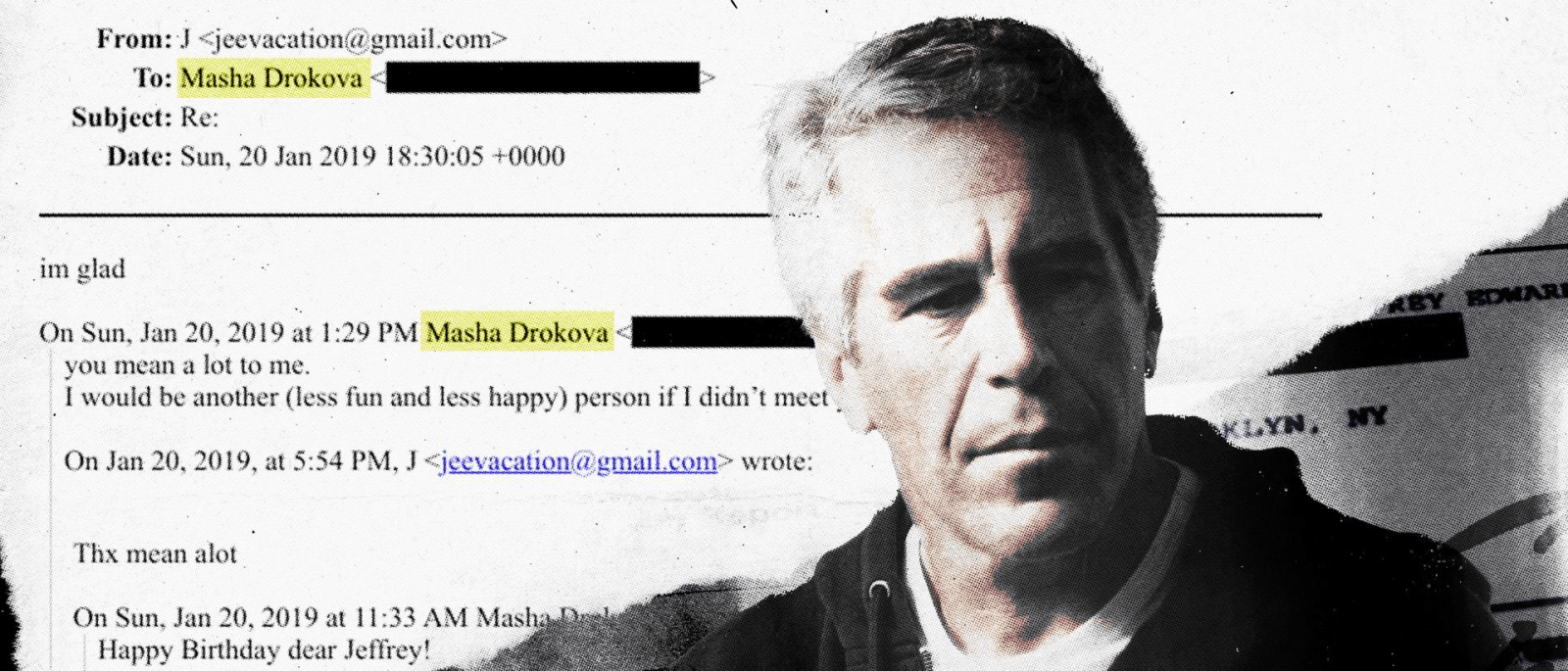Disney has backpedaled on its controversial legal claim that a man whose wife died at its Florida theme park couldn’t sue the company for wrongful death because he’d promised not to when he signed the terms and conditions of a Disney+ free trial years before, with the company now agreeing to go to court in the case.

A sign at the entrance to Disney Springs at Walt Disney World.
SOPA Images/LightRocket via Getty Images
Key Takeaways
- Kanokporn Tangsuan, a doctor at NYU, ate at a restaurant in the Disney Springs complex last October with her husband Jeffrey Piccolo, shortly before Piccolo’s attorneys say she died of “anaphylaxis due to elevated levels of dairy and nut in her system,” despite having been repeatedly assured that her food was allergen free.
- In February, Piccolo sued the restaurant—which is run independently from Disney but is marked as allergy-friendly on a Disney-produced map of the area, the lawsuit said—and the company for $50,000 in state court to cover medical expenses, funeral costs and mental suffering.
- Disney, however, said in its response that Piccolo was not allowed to sue the company because he had agreed to terms that promised any future dispute he had with Disney would be solved via arbitration—terms he agreed to when he created a Disney+ streaming account almost four years before his wife’s death and again when he bought the theme park tickets last year.
- The company was immediately slammed for trying to enforce such an arbitration clause, and the argument prompted a fierce debate among the public and the legal community, with one unaffiliated lawyer, Ernest Aduwa, telling the BBC the claim was “pushing the envelope of contract law.”
- The company first defended its legal strategy in a statement last week, saying it was “merely defending ourselves against the plaintiff’s attorney’s attempt to include us in their lawsuit against the restaurant.”
- On Tuesday, however, Disney said in a new statement it has waived its right to arbitration and will “have the matter proceed in court.”
Crucial Quote
“At Disney, we strive to put humanity above all other considerations,” Josh D’Amaro, chairman of Disney experiences, said in the statement. “With such unique circumstances as the ones in this case, we believe this situation warrants a sensitive approach to expedite a resolution for the family who have experienced such a painful loss.”
Key Background
The subscriber agreement Piccolo agreed to when he created a Disney+ account stated: “Any dispute between you and us, except for small claims, is subject to a class-action waiter and must be resolved by individual binding arbitration.”
By agreeing to only move forward with arbitration, Piccolo—and anyone else who signed the same terms—promised to settle disputes with a third-party mediator instead of going through the public court system. Such arbitration clauses are not uncommon. In its response to the lawsuit, Disney wrote, “Whether Piccolo actually reviewed the Disney Terms is also immaterial.” Piccolo’s lawyers called the argument “preposterous,” and some other unaffiliated attorneys said Disney’s claim that it could not be sued for any reason because someone agreed to streaming terms is potentially too far-reaching to hold up in court.
Surprising Fact
It would take hours—almost 250 hours per year, according to the Guardian—for consumers to read the terms and conditions they agree to for every individual product, software or service they use. A survey by Deloitte conducted in 2017 found that 91% of people consent to legal terms without reading them.
PC Magazine said in 2020 it would take users almost two-and-a-half hours to read the conditions to use Microsoft Teams, the magazine found, almost two hours for the terms of the game Candy Crush and one hour and 33 minutes for TikTok. “There’s a general assumption that consumers read almost nothing,” Temple University law professor Jonathan Lipson told The Washington Post.
What To Watch For
What comes next. Piccolo’s attorney, Brian Denney, told Forbes his client “will continue to pursue justice on behalf of his beloved wife at the trial court level.”


